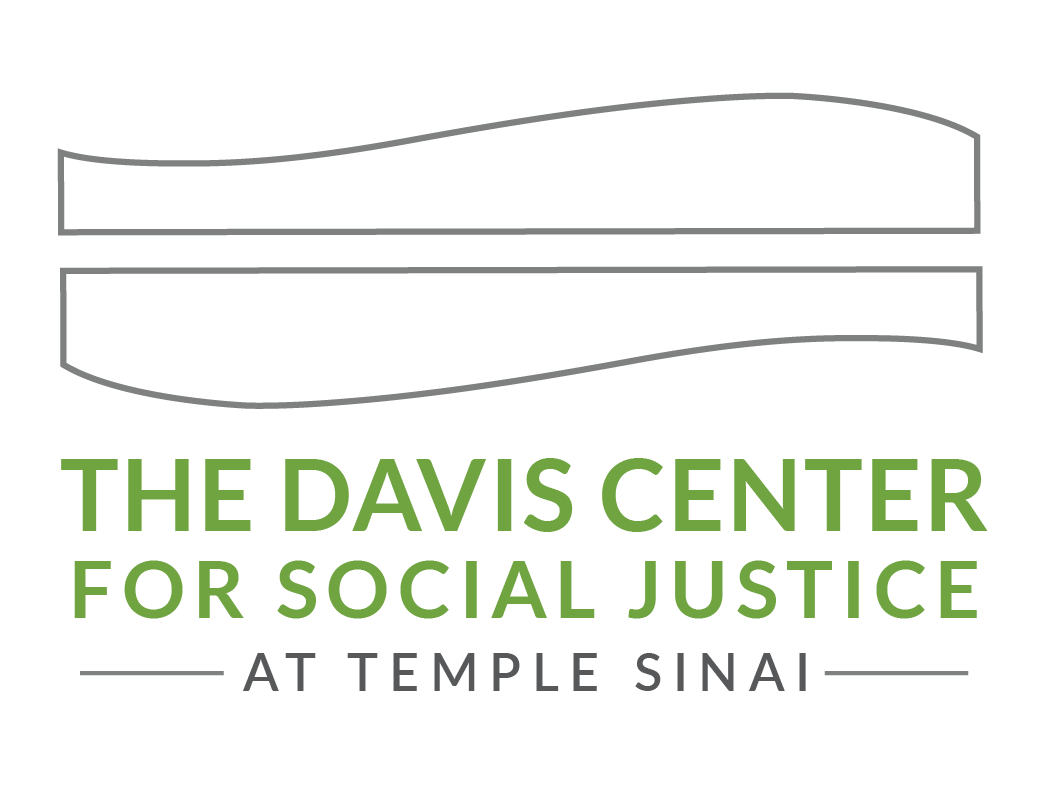by Deborah Eichorn
I am the proud parent of a gender non-conforming youth, who is among the smartest, funniest, and most caring kids I know – no unconscious bias here! But I am not going to talk about their journey, which is only getting started. I am instead going to talk briefly about how we can use our powerful and influential voices to support, stand with, and advocate for our LGBTQ youth. What we can do to create a safe, welcoming, and affirming space for everyone.
These are difficult times. Attacks on the rights of transgender and gender-fluid youth are relentless. State legislatures are seeking to limit their access to health care, their ability to participate in sports, and the teaching of LGBTQ+ in schools. At last count, 556 anti-trans bills had been introduced across the country, 83 passed, 104 failed and 369 are still active. Children’s lives are being used as political pawns to score points and “rally the base” for extreme right-wing politicians.
The impact of an unwelcoming community is real. According to a 2021 survey by the Trevor Project, 45% of LGBTQ youth seriously considered attempting suicide in the past year. However, the study also found that LGBTQ youth who feel supported by at least one adult were 40% less likely to report a suicide attempt.
Merriam-Webster defines “ally” as “one that is associated with another as a helper; a person or group that provides assistance and support in an ongoing effort, activity or struggle.” In recent years, the term has been adopted specifically to a person supporting a marginalized group.
Here are a few ways that you can show your support and allyship for the LGBTQ+ youth in your life.
Educate yourself. Make an effort to stay informed on current LGBTQ issues and events. Join organizations like Keshet. Keshet works for the full equality of all LGBTQ Jews and their families in Jewish life by building affirming communities, creating spaces in which all queer Jewish youth feel seen and valued, and advancing LGBTQ rights nationwide.
Ask questions. Don’t let fear of saying the wrong thing keep you from doing the right thing. Ask how you can support their journey, where you could change your actions or language to create a more welcoming space.
Be nonjudgmental. Demonstrate that, in addition to asking questions, you are willing to listen and talk with an open mind. Be aware of your own prejudices and work to change them. You don’t have to understand someone’s identity to respect it.
Be inclusive and understanding. Integrate inclusive language into your regular conversations, professional interactions and spiritual life. Recognize that family, friends, and colleagues who do not regularly interact with members of the LGBTQ community might want to be sensitive and supportive but might not always know how. They might not use the preferred name or pronoun, even though they want to. Be understanding and supportive of their efforts – educate them, don’t confront them. Make them an ally.
At the same time . . .
Speak up! If you hear an anti-LGBTQ+ comment or joke, speak up and explain why such comments or jokes are harmful and offensive.
Affirm. LGBTQ kids are like all others – they want to be recognized as individuals and, at the same time, treated the same as everyone else. It costs nothing to simply tell a young person, “You’re great – you don’t need to change a thing.” It’s probably the thing that kids most need to hear from the adults and positive mentors in their lives. As we tell our kids, “no matter what – we love you forever and ever.”
The Torah tells us that we are all created “b’Tzelem Elohim” – in the image of God. This is a simple and profound idea that should guide our interactions with all people, including LGTBQ+ youth. If we see each person as created in the image of God, we can see humanity and dignity in all people.
“New Creation Story for Trans and Non-Binary People” was adopted by Reverend Rachel Cornwell, a United Methodist pastor in Washington, D.C. based on a poem by the Reverend Asher O’Callahan, the first transgender pastor ordained in the Evangelical Lutheran Church.
In the beginning God created day and night.
But have you ever seen a sunset?
Trans and non-binary people are kind of like sunsets.
Full of a hundred shades of color you can’t see
in plain daylight or during the dark night.
In the beginning, God created land and sea.
But have you ever seen a beach?
Trans and non-binary people are kind of like beaches,
an oasis that’s not quite like the ocean, nor quite like the land.
Or “brakish,” as my child once described themselves.
In the beginning, God created birds of the
air and fish of the sea.
But have you ever seen a flying fish,
or a seagull,
or a puffin that swims and flies?
Trans and non-binary people are kind of like
those amazing creatures.
We spend our time between the water and the land,
creative combinations of characteristics
that blows people’s minds.
In the beginning, God created male and female,
in God’s own image, God created them.
So in the same way God created people
with genders beyond male and female,
in God’s own image, God created them.
God created people
cis, trans, non-binary, a-gender, and intersex,
in between, outside of, and beyond
night and day, land and sea, fish and bird.
All different sorts of people, all different
sorts of relationships,
God created them from love, to love, and to be loved.
God created them all in God’s own image – B’tzelem Elohim.
